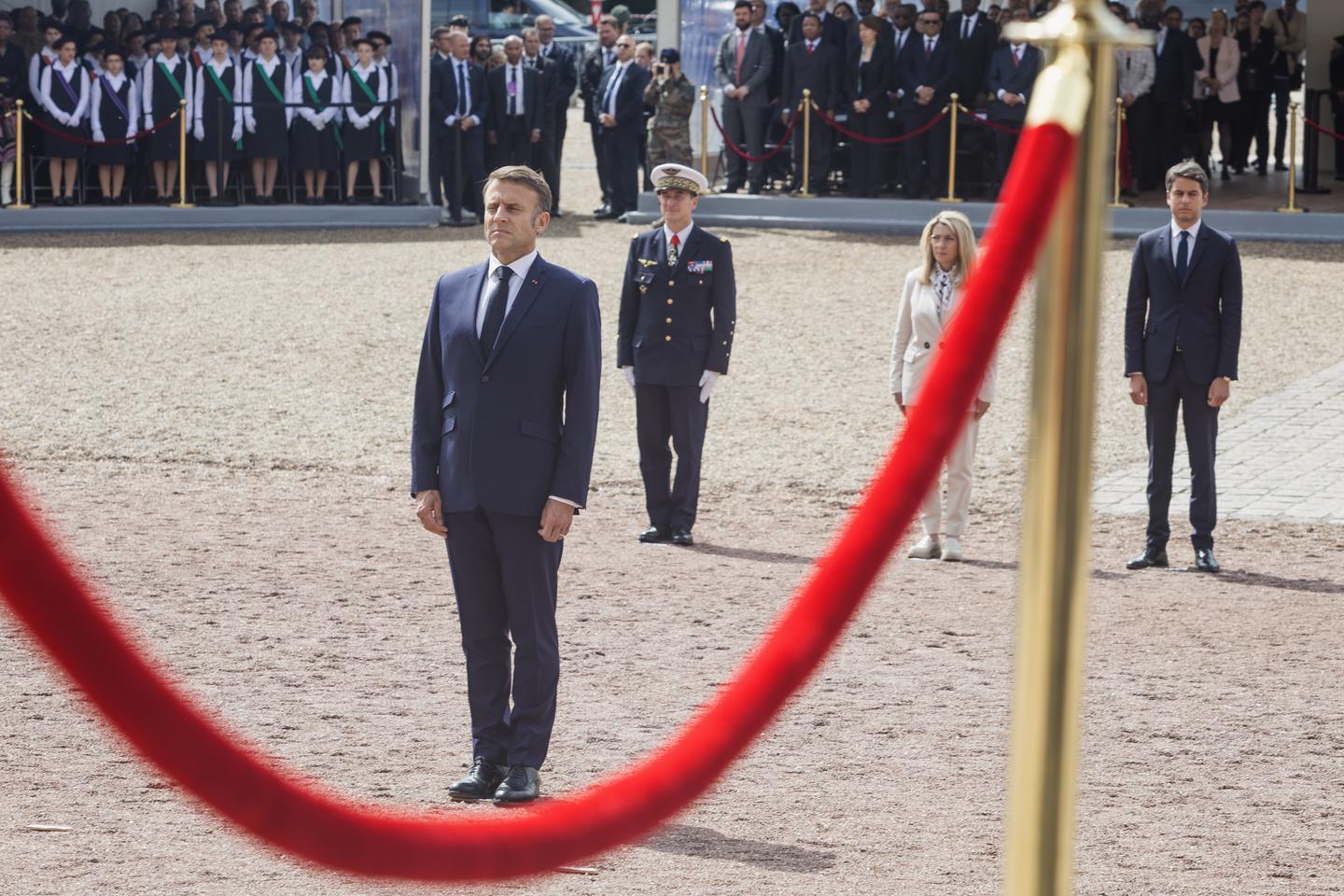


A well-timed European Council to forget the turpitudes of the dissolution of the Assemblée Nationale? Nothing is less certain for Emmanuel Macron, three days before the first round of legislative elections. On Thursday, June 27, Macron was to meet his counterparts from the 26 other member states in Brussels. France's turbulent politics is a major concern for those present, as is the possibility of Donald Trump's return to the White House after the American presidential election in November. But as if nothing has happened, European heads of state and government will once again pledge their support for Ukraine against Russia, in the presence of Volodymyr Zelensky. In the wake of the European elections, they are also due to appoint the heads of the EU institutions for the next five years, including Ursula von der Leyen, who is likely to be reappointed as head of the Commission. All this is almost routine, except for the French president.
Macron knows that this summit may be his last before a possible cohabitation with the majority that will emerge from the polls on July 7. Barring an unlikely success for the presidential camp or an "unobtainable chamber" – one without a clear majority – Macron's room for maneuver on the European and international stage is likely to narrow, especially in the event of a Rassemblement National (RN) victory. It's a scenario dreaded by European leaders, who have good reason to be concerned, as cohabitation with the far-right party is likely to be tense, for three reasons: institutional, political and ideological.
Risk of conflicts
First, institutional: As soon as the Assemblée Nationale had been dissolved, Macron went to great lengths to defend the "reserved domain" that he would keep control of in the event of a cohabitation − defense and foreign policy.
At the G7 summit in Puglia, Italy, on June 14, he declared that his counterparts "know our Constitution" and "are aware of the competences and role of a French president on international and defense issues." Indeed, previous episodes of cohabitation suggest that the president will always have a say, despite the tensions that may have existed between François Mitterrand and, firstly, Jacques Chirac (1986-1988), then Edouard Balladur (1993-1995). Unlike the tandem formed by Chirac and Lionel Jospin between 1997 and 2002, Macron should still be able to come alone to the European Council, where each state now has only one seat.
However, the RN, whose members or allies would represent France at the Councils of Ministers, is likely to challenge the president's European objectives. Jordan Bardella claims that the appointment of the next French commissioner will be a matter for the prime minister, while the Elysée Palace insists that it will, as usual, fall to the head of state. The appointment of ambassadors is potentially even more conflictual: the president decides on the basis of a proposal from his foreign minister, who countersigns his choice. In the field of defense, while Article 15 of the Constitution stipulates that the president is "head of the armed forces," Article 21 states that the prime minister is "responsible for national defense" and "appoints civil and military posts." Clearly, the president may have the upper hand when it comes to major decisions but must work with the prime minister where expenditure is concerned.
You have 38.09% of this article left to read. The rest is for subscribers only.
